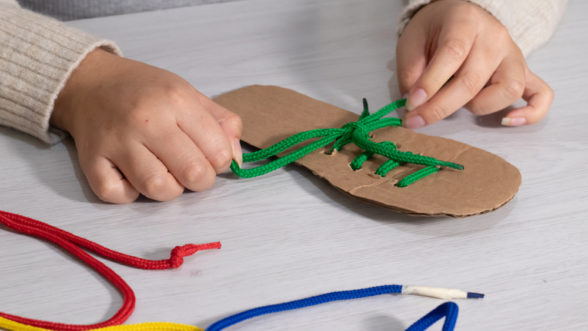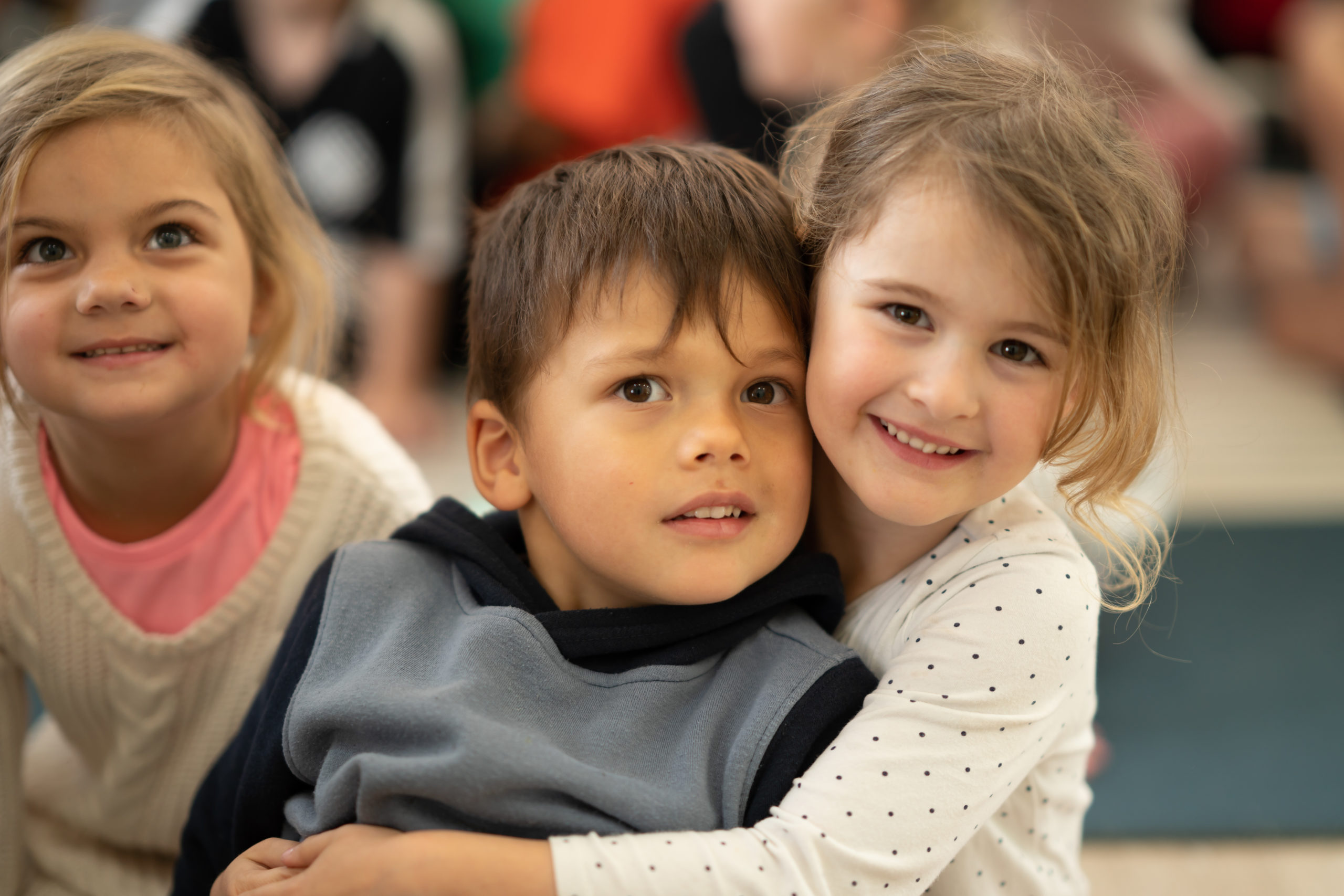
Education, Useful tools
Useful tools, Wellbeing
10 November, 2021

The benefits of learning social skills as a child
We could go on and on about the importance of teaching your children social skills from an early age, but we think a study conducted over 20 years might be even more convincing. The research, “The Relationship between Kindergarten Competence and Future Wellness”, tracked 753 kindergarten students for two decades and discovered that children who were more likely to share, cooperate and help their peers were more likely to become successful young adults.
“In contrast, students who exhibited weaker social competency skills were more likely to drop out of school, abuse drugs and alcohol, and need greater government assistance,” said one of the study’s authors, Dr Damon E. Jones.
Beyond this study, experts believe that teaching children social skills can help them make friends, solve problems, ask for help, and communicate more effectively. Other studies have supported the theory that children with good social skills are more likely to graduate high school and university, and have a full-time job by age 25.
The reasons why are manifold. For one, interpersonal skills help children navigate social settings and create positive interactions with other children and adults – something which is essential for school and, later, the workforce. More and more companies are recognising the importance of ‘soft skills’ like social skills and are no longer hiring applicants based on ‘hard skills’ like academics alone. It comes with a greater understanding of the importance of communication and relationships in the classroom and the workplace – and it all starts in the first five years of your child’s life.
What social skills should kids know?
Now that you know why your child should have opportunities to improve their social skills, it’s time to find out what those skills actually are. Here is a shortlist of social skills for kids:
Learning Social Skills Edge Early Learning
At Edge, social skills programs for kids are one of our primary focuses. Our inquiry-based approach helps foster communication skills, giving children the opportunity to develop stronger relationships with their peers. Having children lead the way through games and activities is excellent for confidence building and preparation towards starting school, and our many play areas – both indoor and outdoor – provide the perfect setting for children to create friendships.